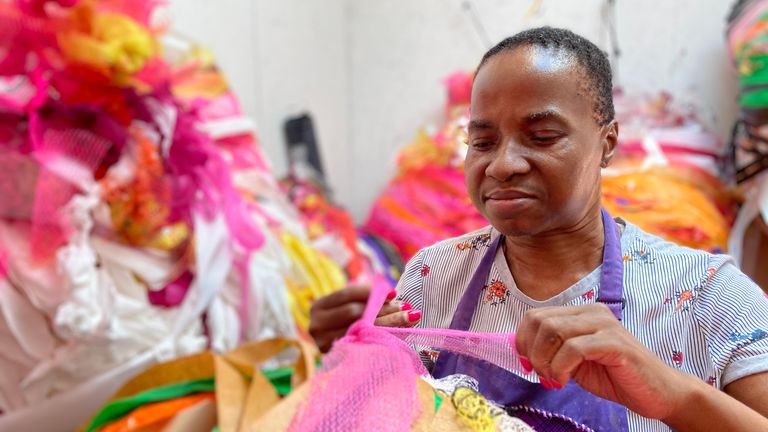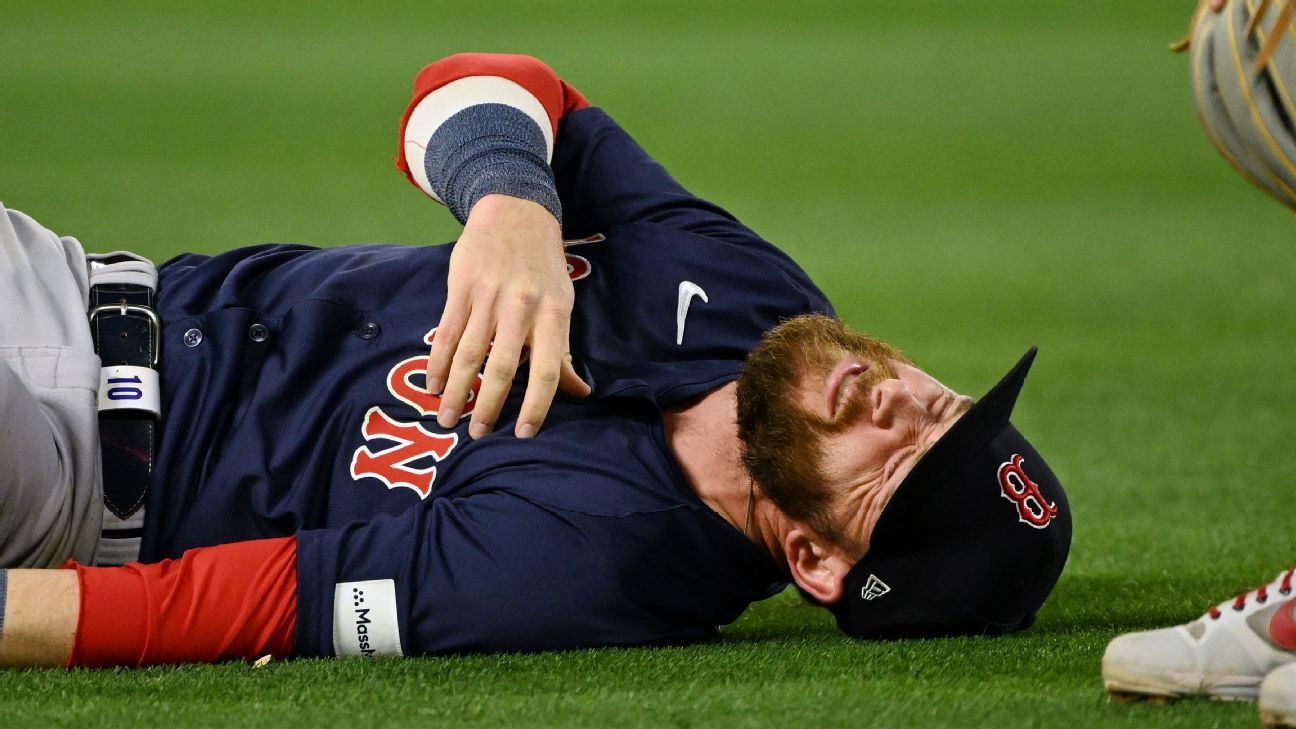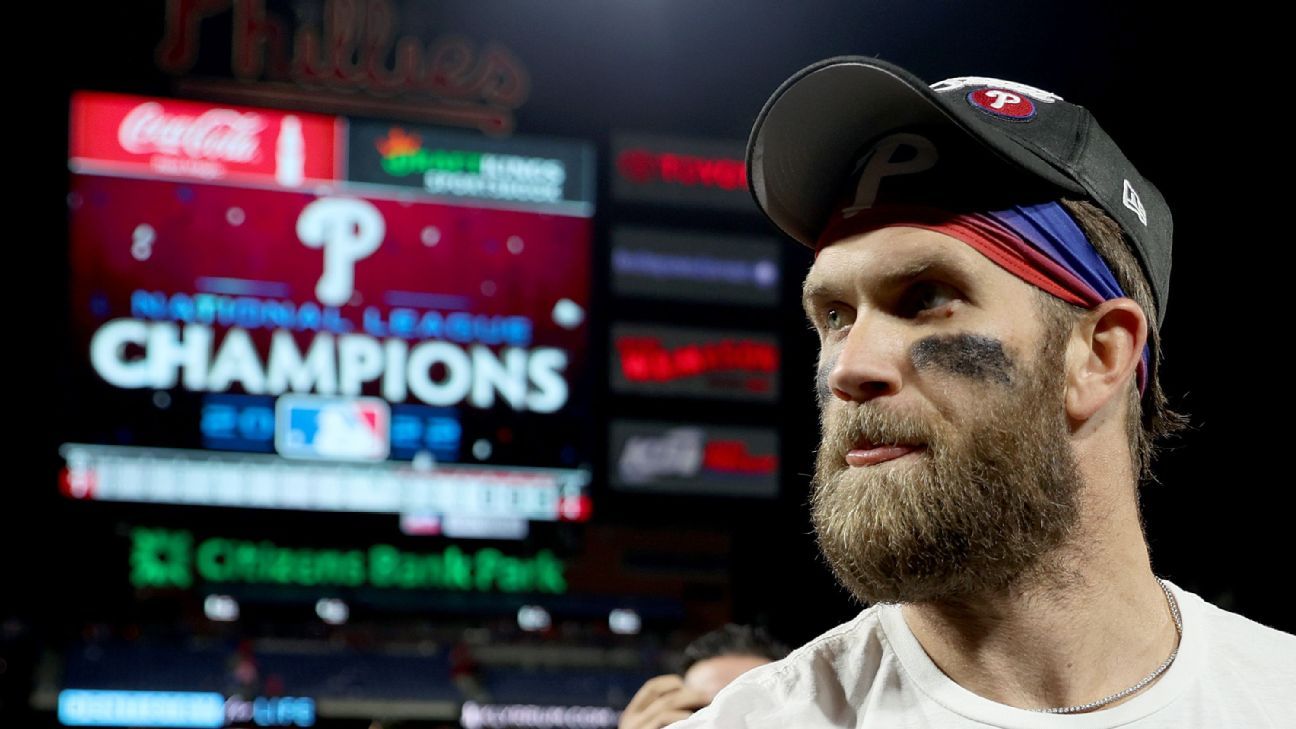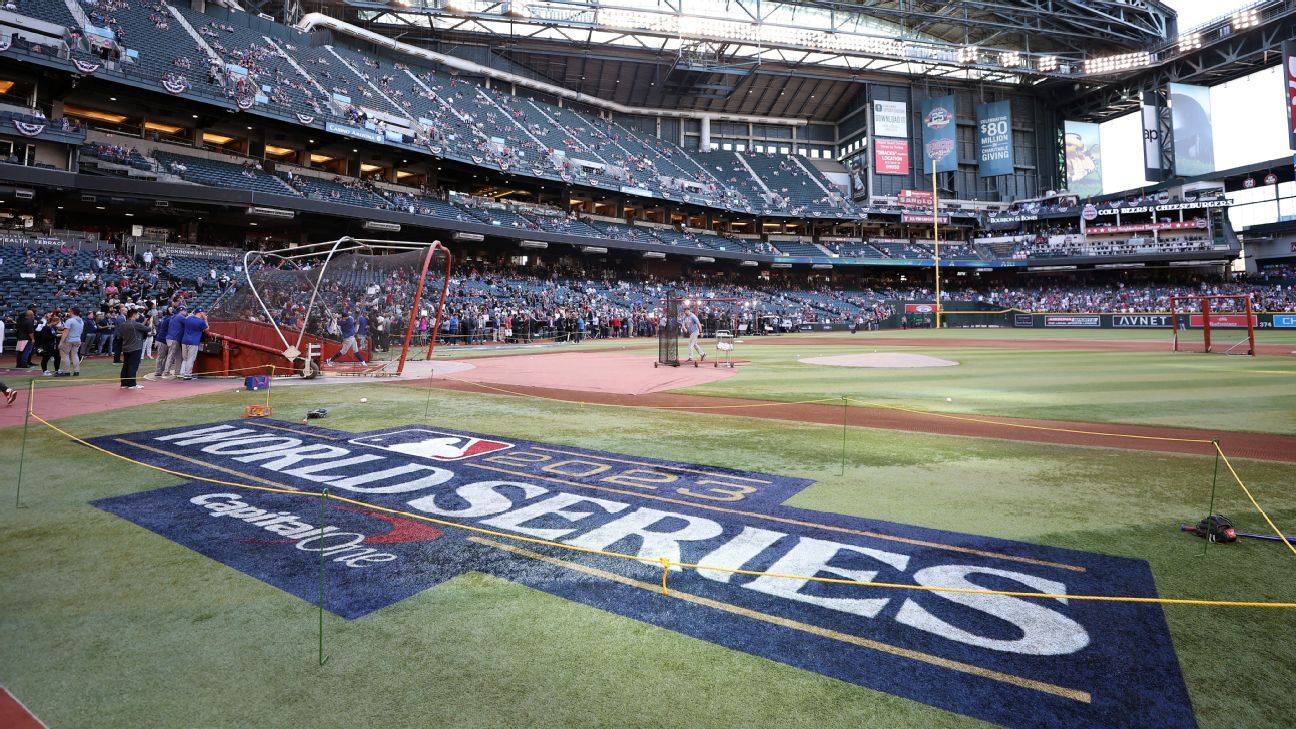True to its (latest) word, Tesla released the “Button” late Friday/early Saturday, though it went from “opting in to Full Self Driving Beta” to “requesting access to Full Self Driving”. The caveats don’t stop there.
I’m tempted to go on a riff about how Tesla always, always announces something awesome, then walks it back a ton and delivers it way late. The button is no exception here but we all know where we stand with the company at this point.
So instead of the promised “opt into Full Self Driving Beta” that we were lead to believe we were getting in June, we got the updated “Beta button will request permission to assess driving behavior using Tesla insurance calculator. If driving behavior is good for 7 days, beta access will be granted.”
So in reality it has been delayed another week and only a select number of FSD owners will get to use the beta – if their seemingly arbitrary safety scores measure up.
Keep in mind everyone who is granted/denied based on their driving has already paid, sometimes up to five years ago at a cost up to $10,000, for the privilege of being graded on their driving.
What is the Tesla insurance calculator and ‘Safety Score Beta‘?
Tesla posted a FAQ on the score but it comes down to 5 different factors:
There are five Safety Factors that impact your Safety Score. These are measured directly by your Tesla vehicle using various sensors on the vehicle and Autopilot software.
| Forward Collision Warnings per 1,000 Miles Forward Collision Warnings are audible and visual alerts provided to you, the driver, in events where a possible collision due to an object in front of the vehicle is considered likely without your intervention. Events are captured based on the ‘medium’ Forward Collision Warning sensitivity setting regardless of your user’s setting in the vehicle. Forward Collision Warnings are incorporated into the Safety Score formula at a rate per 1,000 miles. |
|
| Hard Braking Hard braking is defined as backward acceleration, measured by your Tesla vehicle, in excess of 0.3g. This is the same as a decrease in the vehicle’s speed larger than 6.7 mph, in one second. Hard braking is introduced into the Safety Score formula as the proportion of time (expressed as a percentage) where the vehicle experiences backward acceleration greater than 0.3g relative to the proportion of time where the vehicle experiences backward acceleration greater than 0.1g (2.2 mph in one second). |
|
| Aggressive Turning Aggressive turning is defined as left/right acceleration, measured by your Tesla vehicle, in excess of 0.4g. This is the same as an increase in the vehicles speed to the left/right larger than 8.9 mph, in one second. Aggressive turning is introduced into the Safety Score formula as the proportion of time (expressed as a percentage) where the vehicle experiences lateral acceleration greater than 0.4g, in either the left or right direction, relative to the proportion of time where the vehicle experiences acceleration greater than 0.2g (4.5 mph in one second), in either the left or right direction. |
|
| Unsafe Following Your Tesla vehicle measures its own speed, the speed of the vehicle in front and the distance between the two vehicles. Based on these measurements, your vehicle calculates the number of seconds you would have to react and stop if the vehicle in front of you came to a sudden stop. This measurement is called headway. Unsafe following is the proportion of time where your vehicle’s headway is less than 1.0 seconds relative to the time that your vehicle’s headway is less than 3.0 seconds. Unsafe following is only measured when your vehicle is traveling at least 50 mph and is incorporated into the Safety Score formula as a percentage. |
|
| Forced Autopilot Disengagement The Autopilot system disengages for the remainder of a trip after you, the driver, have received three audio and visual warnings. These warnings occur when your Tesla vehicle has determined that you have removed your hands from the steering wheel and have become inattentive. Forced Autopilot Disengagement is introduced into the Safety Score formula as a 1 or 0 indicator. The value is 1 if the Autopilot system is forcibly disengaged during a trip, and 0 otherwise. |
After installing ‘the button” software update and the Tesla app update on my iPhone, I didn’t see the “safety score (Beta)” menu item immediately. I’m told some app and phone restarts may speed up the menu item process. None of my Android friends have seen the Safety Score menu item yet.
We have two Teslas at home but only paid for FSD on one of them – the Model Y which my wife, who is a much safer and less risk averse driver than I am normally, drives. We had some errands to run and I drove it 20 miles to White Plains, a heavily populated area with tight parkways, confusing line areas and generally aggressive drivers.
Even though I didn’t see the Safety Score Beta menu item in my app, I knew I was now being graded so I took it extremely slow. Unfortunately, the Tesla already sees 2 issues before I leave my driveway. One is a rock and a tree it thinks is an oncoming car and has been happening intermittently for months. The second is leaves on the driveway which it thinks I need to take control over even if I’m driving straight down my driveway. So before I even leave my driveway, I have 2 dings on my score. A third ding was when I was in AP and a lane closure forced an AP freakout and subsequent disengage and slamming on the brakes. Also, if you don’t follow the car in front of you relatively closely around here, people cut in front of you, causing another “unsafe following” ding – a Catch-22.
All of this is to say, I don’t have a great rating after my first round of driving. I feel like where I live is a major disadvantage compared to Tesla owners in more rural settings. When the menu item finally appeared in the app hours later, I had a score of 76.
I spent the evening driving 55mph on the highway to try to get my score up which of course pissed of just about everybody EXCEPT the other Tesla I saw doing the same thing. Perhaps he was trying to get his score up as well. In fact, Facebook and Twitter are littered with people trying to get their scores up by driving slowly.
What Safety Score Beta do you need to get into the FSD program?
While not explicit, the scoring document does say:
The Safety Score Beta is intended to provide drivers transparency and feedback of their driving behaviors. The Safety Score is a value between 0 and 100, where a higher score indicates safer driving. Most drivers will have a Safety Score of 80 or above.
So I’m guessing that 80 is the baseline and something I hope to achieve (by driving up and down a rural highway at 55mph over the next week). But there’s also the likelihood that because I’m in the media, I’ve already been blacklisted.
In any case, if you are trying to get into the FSD program I think you should try to hit over 80 cumulatively over the next week. Good luck!
Electrek’s take
It doesn’t feel great to be a Tesla owner today. Particularly one that has a vested interest and investment in moving to self driving vehicles.
I know I’m unlikely to be able to get access to the FSD (beta) that I paid for and was promised years ago. Tesla has used the carrot of grading my driving which it will also use in its insurance product without any guarantee that I will (ever) get access to the FSD I paid for. Keep in mind that I already leased a Model X for 3 years with the promise of FSD that came and went without ever being delivered when I returned it last year.
But it could be worse. On of our readers Bill points out:
Tesla has excluded early FSD purchasers who have MCU1 from the FSD Beta button. Please do what you can to bring attention to this. I and others bought and paid for FSD 4-6 years ago and we’re told our cars had everything needed for FSD. Now we are being left out in the cold while other enjoy. Tesla needs to step up and either make a fork of FSD beta for MCU1 or replace everyone with FSD’s MCU1 with an MCU2 free of charge, and they need to do it quickly.
The last time we brought attention to to Tesla not being fair to early FSD hardware owners, Tesla CEO Elon Musk blocked us on Twitter. So the feedback loop clearly isn’t working.
While I am disappointed in how this is rolling out and particularly Tesla’s communication around it, I’m hoping that we do get closer to the Full Self Driving we’ve been promised for years.
Subscribe to Electrek on YouTube for exclusive videos and subscribe to the podcast.

















